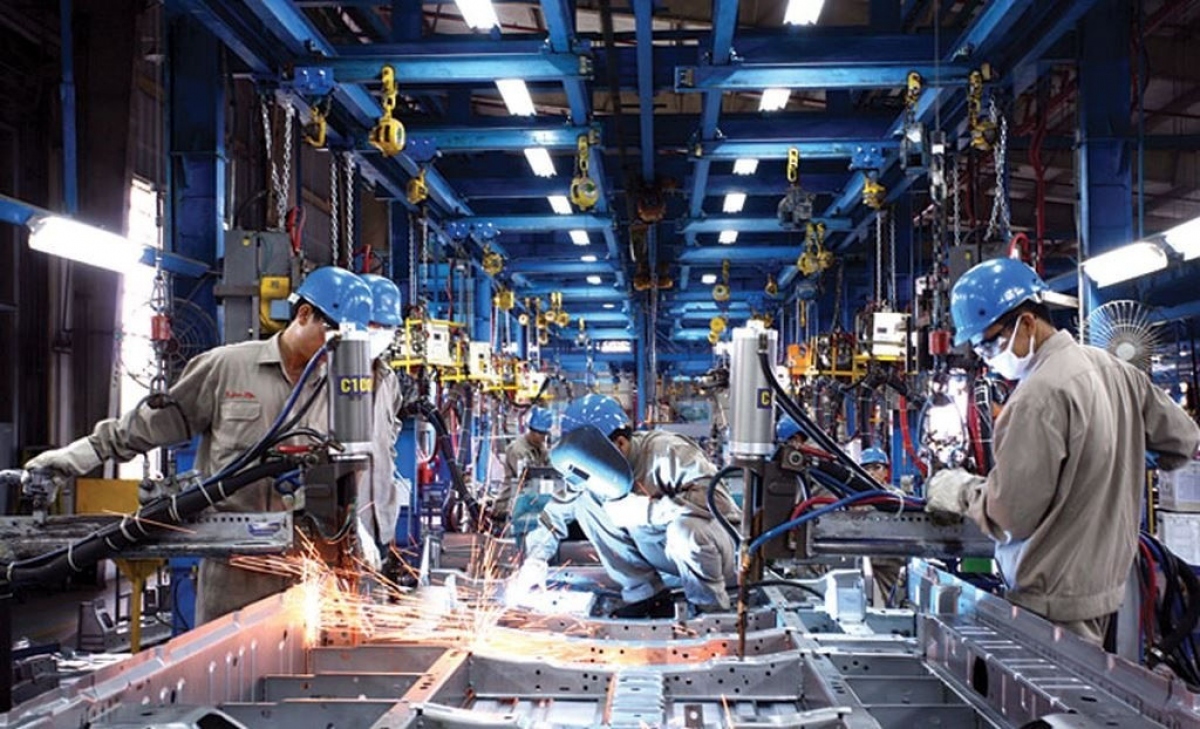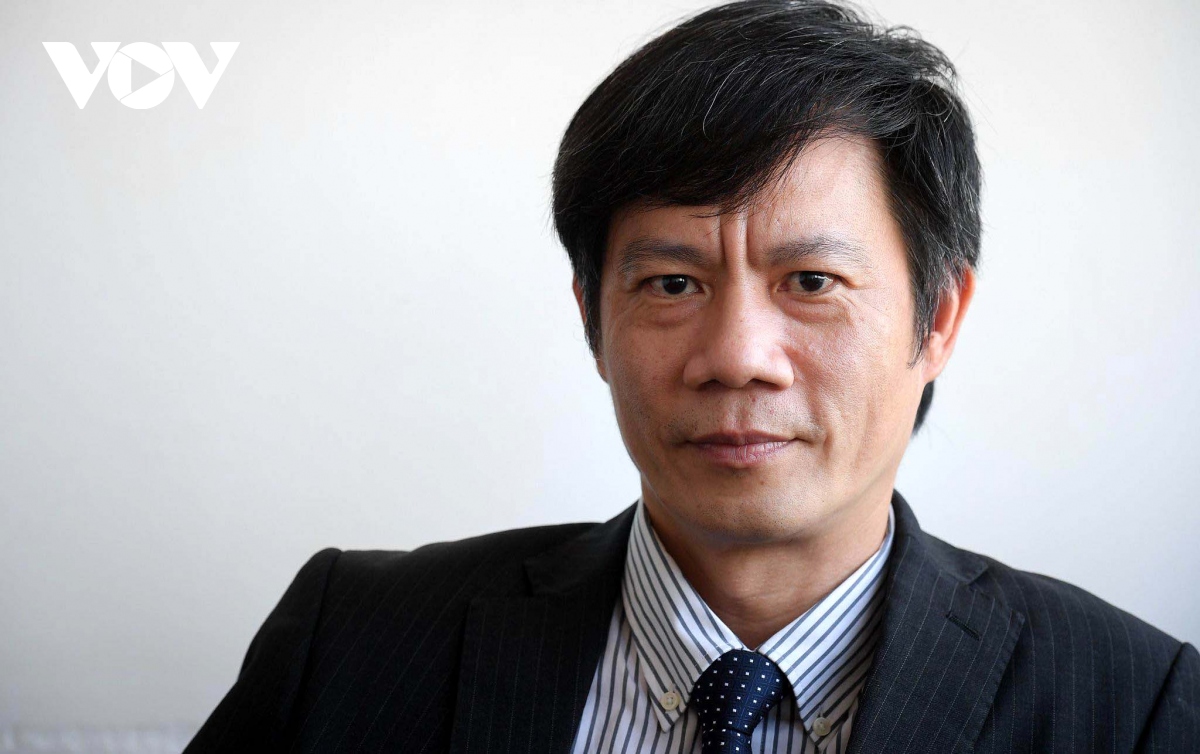National industrialisation and modernisation requires a boost, say experts
VOV.VN - Experts have suggested that Vietnam move to accelerate its national industrialisation and modernisation process in order to meet current development requirements moving into the new period in line with the resolution adopted by the 13th National Party Congress.

Vietnam launched its Doi Moi (Renewal) process in 1986 with the aim of making breakthroughs in national development and international integration following years of developing a centrally-planned economy. For over three decades, especially the period from 2011 to 2021, the country has made great efforts in order to boost industrialisation and modernisation, recording various important achievements in the process.
Statistics highlight that the national economy expanded 6.17% throughout the reviewed period, with the quality of growth being improved and the size of the economy increasing rapidly. In addition, the economic structure has changed positively, with industry and services accounting for 72.7% of national GDP in 2020 to turn Vietnam into a developing, middle income economy.
However, due to a variety of factors Vietnam has yet to achieve the goal of becoming a modern industrialised country by 2020. In his opening speech at the ongoing sixth plenum of the 13th Party Central Committee in Hanoi, Party General Secretary Nguyen Phu Trong pointed out that, “strategic breakthroughs have not been made while economic growth has yet to reach the strategic target, with the growth gradually decreasing every 10 years.”
According to the Party leader, the internal strength of the economy remains weak and is heavily dependent on the foreign-invested sector. The domestic private sector has yet to meet its role as an important driving force for industrialisation and modernisation, whilst state-owned enterprises have also revealed weaknesses that must be swiftly redressed.

Some experts argue that the country will find it difficult to make breakthroughs in development if it only relies on an unskilled and cheap workforce producing low-value products. They have therefore suggested that Vietnam shift to focus on applying modern technology in production in order to bring high efficiency in business operations and improve labour productivity.
Technological application can be viewed as a key solution, said Nguyen Quang Huan, chairman of the Board of Directors of Halcom Vietnam JSC, a firm that specialises in investment and consulting for infrastructure and urban development.
“We must know that when we choose the right technology, it will result in high productivity and successful projects,” said the executive.
Meanwhile, economist Le Duy Binh who is also director of Economica Vietnam, noted that the country has formed and developed a number of key industries over recent years, such as mechanical engineering, steelmaking, shipbuilding, and energy, along with the emergence of some light industries like textile, leather & footwear and electronics. There has been an ongoing shift in the industrial field, with some industries making use of a higher technology content and higher capital.

Most notably, he said the process of national industrialisation and modernisation is no longer mainly based on State-owned enterprises, but instead the active engagement of the private economic sector and foreign investors has resulted in new industries emerging, including carmaking, renewable energy, mechanical engineering, and some others.
“However, our industrialisation is yet to reach the desired level; the added value of the domestic industry remains low; and the proportion of contribution of domestic private enterprises to industrialization is not high,” said Binh. “The domestic supporting industry has not been developed yet, and we have mainly worked in the field of processing and assembling. We have not paid special attention to investments in designing or building our own brands. I think these weaknesses should be addressed in the coming period,” he added.
According the resolution adopted at the 13th National Party Congress in 2021, Vietnam has been striving to become a developing country with a modern industry and high middle income by 2030, with a developed economy and high income by 2045. As a means of achieving this goal, it has no choice but to ramp up industrialisation and modernisation on the basis of scientific and technological advances and innovation, as well as paying closer attention to factors such as self-reliance and the independent nature of the industry.
Assoc. Prof. & Dr. Le Quoc Ly, former deputy director of the Ho Chi Minh National Academy of Politics, stated that businesses serve as the primary driving force behind the promotion of national industrialisation and modernisation.
“The ongoing sixth Party plenum must concretize the guidelines set forth by the 13th National Party Congress so that digital technology will be translated into life,” he suggested, adding, “It is necessary to create a good environment for industrialisation and modernisation to thrive, in which businesses get support for development.”
